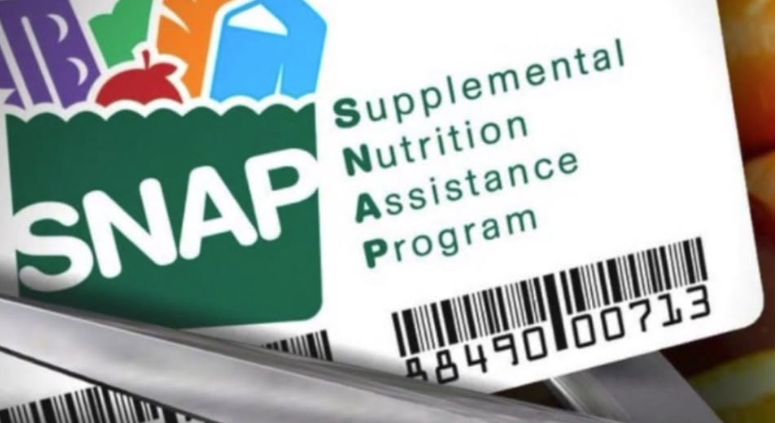
- Details
- By Native News Online Staff
Good Monday morning! It's a good day to be Indigenous! The federal government shutdown continues with no end in sight. Wednesday will mark the beginning of the fifth week of the shutdown.
Here are some of the stories you may have missed this weekend:
USDA Declares It Can’t Use Contingency Funds to Cover Food Assistance in November
The U.S. Department of Agriculture (USDA) announced in a memo Friday that its contingency fund cannot legally be used to provide food assistance benefits for more than 42 million Americans in November, as the government shutdown continues.
While the USDA cited legal limitations, critics, including the Center on Budget and Policy Priorities, assert that the administration is legally obligated to use the reserves. They argue that the decision is a "policy choice," pointing to the administration's decision to shift funds to other programs like the Special Supplemental Nutrition Program for Women, Infants, and Children (WIC).
At risk going into November are approximately 42 million low-income individuals nationwide. Within Native communities, as many as 500,000 tribal citizens could lose access to food assistance.
AMC Announces Return of Dark Winds for Season 4, Premiering February 15
AMC and AMC+ have announced the return of Dark Winds for its fourth season, premiering Sunday, February 15, at 9 p.m. ET/PT.
The noir thriller will feature eight hour-long episodes, continuing the series’ exploration of mystery, culture, and crime on the Navajo Nation.
The network also released a first-look teaser offering fans a glimpse into Lt. Joe Leaphorn’s (played by Zahn McClarnon) latest case. The teaser will debut on-air during the premiere of Anne Rice’s Talamasca: The Secret Order this Sunday on AMC.
Executive produced by Robert Redford and George R.R. Martin, Dark Winds has received critical acclaim throughout its run, earning a perfect 100% score on Rotten Tomatoes.
Native News Weekly (October 26, 2025): D.C. Briefs
U.S. Treasury officials have proposed moving up the Tribal expenditure deadline for the State Small Business Credit Initiative (SSBCI) from October 2026 to November 2025. Congress created SSBCI to strengthen small business lending and investment nationwide, including in Indian Country. This proposed change represents a significant shift in program expectations and could have a serious impact on Tribal governments and Native-owned businesses.
The proposed acceleration of the expenditure deadline by 13 months (from October 2026 to November 2025) could:
- Undermine Tribes’ ability to effectively deploy allocated funds
- Compromise the development of sustainable lending infrastructure
- Reduce support for Native-owned businesses and entrepreneurs
- Limit job creation opportunities in Tribal communities
 Make A Donation Here
Make A Donation Here
More Stories Like This
Native News Weekly (August 25, 2024): D.C. BriefsUS Presidents in Their Own Words Concerning American Indians
Minnesota Lt. Gov. Flanagan Draws Right-Wing Backlash After Wearing Hijab in Solidarity With Somali Community
Haaland Meets with Southern New Mexico Law Enforcement on Public Safety Priorities
This Day in History – Dec. 26, 1862: 38 Dakota Men Executed by Order of Abraham Lincoln
Help us defend tribal sovereignty.
At Native News Online, our mission is rooted in telling the stories that strengthen sovereignty and uplift Indigenous voices — not just at year’s end, but every single day.
Because of your generosity last year, we were able to keep our reporters on the ground in tribal communities, at national gatherings and in the halls of Congress — covering the issues that matter most to Indian Country: sovereignty, culture, education, health and economic opportunity.
That support sustained us through a tough year in 2025. Now, as we look to the year ahead, we need your help right now to ensure warrior journalism remains strong — reporting that defends tribal sovereignty, amplifies Native truth, and holds power accountable.
 The stakes couldn't be higher. Your support keeps Native voices heard, Native stories told and Native sovereignty defended.
The stakes couldn't be higher. Your support keeps Native voices heard, Native stories told and Native sovereignty defended.
Stand with Warrior Journalism today.
Levi Rickert (Potawatomi), Editor & Publisher

